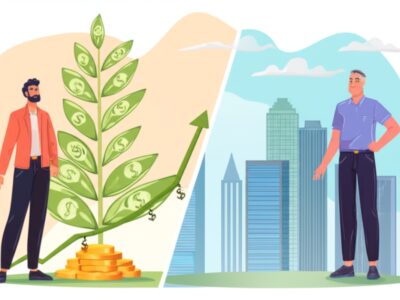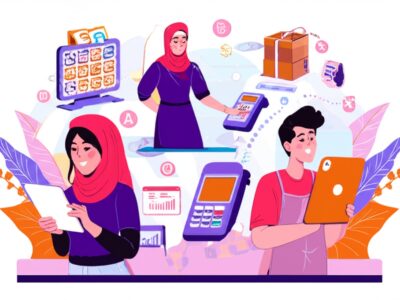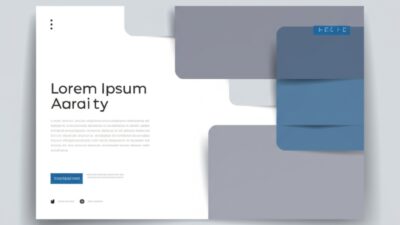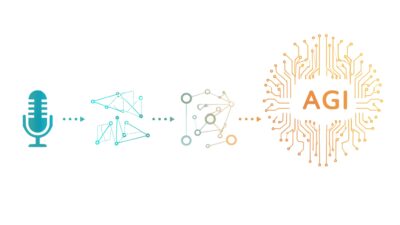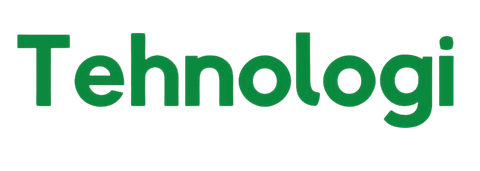
Debt can feel like a heavy burden, but with the right strategies, you can take control of your finances and pay it off faster than you might think. Whether it’s credit card debt, student loans, or medical bills, tackling your debt with a structured approach can save you time, stress, and money in the long run.
Here are proven strategies to help you pay off debt efficiently and achieve financial freedom.
1. Assess Your Debt
The first step in paying off debt is understanding exactly what you owe. List all your debts, including:
- The creditor or lender.
- The total balance.
- The interest rate.
- The minimum monthly payment.
Why This Matters:
Having a clear picture of your debt helps you prioritize which loans or credit cards to focus on first and prevents anything from falling through the cracks.
2. Create a Realistic Budget
A well-crafted budget ensures you allocate funds toward debt repayment while covering essential expenses like rent, utilities, and groceries.
Actionable Tips:
- Use the 50/30/20 Rule: Allocate 50% of your income to needs, 30% to wants, and 20% to savings or debt repayment.
- Track your expenses with tools like Mint or YNAB to identify areas where you can cut back and redirect money toward debt.
3. Choose a Repayment Strategy
There are two popular methods for repaying debt:
a. Debt Snowball Method
- Focus on paying off the smallest debt first while making minimum payments on the others.
- Once the smallest debt is paid, roll that payment into the next smallest debt.
Why It Works: The psychological boost of eliminating a debt motivates you to keep going.
b. Debt Avalanche Method
- Focus on paying off the debt with the highest interest rate first, while making minimum payments on the rest.
- Once the highest-interest debt is paid, move to the next highest interest debt.
Why It Works: You save more money on interest over time compared to the snowball method.
4. Consolidate Your Debt
Debt consolidation combines multiple debts into a single loan or credit card with a lower interest rate.
Options for Consolidation:
- Balance Transfer Credit Card: Move high-interest credit card debt to a card with a low or 0% introductory APR.
- Personal Loan: Take out a loan with a lower interest rate to pay off existing debts.
Benefits:
- Simplifies payments into one monthly bill.
- Reduces the total interest paid over time.
Caution: Avoid accumulating new debt after consolidation, or you could end up worse off.
5. Negotiate With Creditors
Many creditors are willing to work with you if you’re struggling to make payments. Reach out to negotiate:
- A lower interest rate.
- Reduced minimum payments.
- A settlement to pay off a portion of the debt.
Tip: Be honest about your financial situation and keep a record of all agreements.
6. Boost Your Income
Increasing your income gives you more funds to allocate toward debt repayment.
Ideas for Extra Income:
- Freelancing: Offer services like writing, graphic design, or coding.
- Part-Time Work: Pick up a side job or gig work through platforms like Uber or TaskRabbit.
- Selling Unused Items: Use online marketplaces to declutter and earn extra cash.
Why This Helps:
Every additional dollar you put toward debt reduces the principal balance and the interest you’ll pay over time.
7. Automate Your Payments
Set up automatic payments to ensure you never miss a due date. Late payments can lead to fees and negatively impact your credit score.
Additional Tips:
- Schedule payments slightly above the minimum to chip away at the principal faster.
- Align payment dates with your paycheck schedule for easier cash flow management.
8. Avoid Accumulating New Debt
While paying off debt, it’s essential to avoid taking on additional obligations.
Tips to Stay Debt-Free:
- Use cash or debit cards instead of credit cards for purchases.
- Build an emergency fund to cover unexpected expenses without relying on credit.
- Set financial goals to keep your spending in check.
9. Track Your Progress
Seeing your debt decrease over time can be a powerful motivator.
How to Track:
- Use a spreadsheet to log monthly payments and balances.
- Visualize your progress with debt payoff apps like Debt Payoff Planner or Undebt.it.
- Celebrate milestones, such as paying off your first loan or reducing your total debt by 25%.
10. Seek Professional Help if Needed
If your debt feels unmanageable, consider consulting a credit counselor or financial advisor. They can help you:
- Create a customized repayment plan.
- Negotiate with creditors on your behalf.
- Explore options like debt management programs or bankruptcy (as a last resort).
Where to Find Help:
- Nonprofit credit counseling agencies like the National Foundation for Credit Counseling (NFCC).
- Certified financial planners who specialize in debt management.
The Benefits of Paying Off Debt Faster
1. Save Money on Interest
The quicker you pay off debt, the less you’ll pay in interest over the life of the loan.
2. Improve Your Credit Score
Lowering your debt-to-income ratio and making consistent payments can boost your creditworthiness.
3. Reduce Stress
Living debt-free provides peace of mind and greater financial flexibility.
4. Achieve Financial Freedom
Eliminating debt opens doors to saving, investing, and reaching other financial goals.
Conclusion
Paying off debt faster requires discipline, strategy, and determination, but the rewards are worth the effort. By assessing your debt, creating a realistic budget, and adopting a repayment method like the snowball or avalanche approach, you can take charge of your finances. Combine these strategies with increased income and smart financial habits, and you’ll be on the path to a debt-free future.





